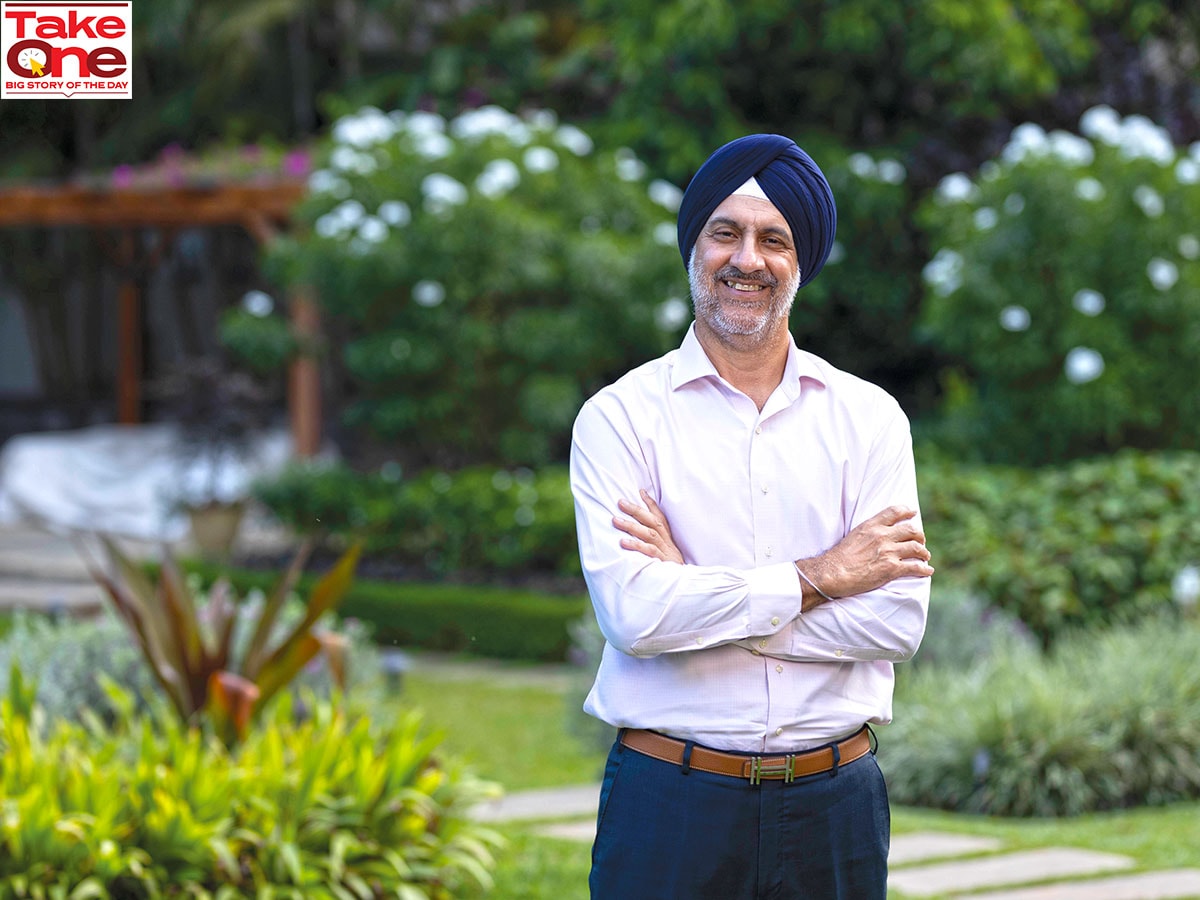You can still build many hundreds, if not thousands, of brands in India: Kanwaljit Singh
The founder and manging partner of Fireside Ventures bucked the trend when he bet big on digital consumer brands in the country
 Kanwaljit Singh Founder and Managing Partner at Fireside Ventures
Image: Vikas Chandra Pureti for Forbes India
Kanwaljit Singh Founder and Managing Partner at Fireside Ventures
Image: Vikas Chandra Pureti for Forbes India
Early-stage investor Kanwaljit Singh is credited with scaling-up dozens of new-age consumer startups over the past seven years. With unconventional strategies, the 'kingmaker', as Singh is fondly called, has bucked the trend and bet on digital brands to redefine the direct-to-consumer (D2C) landscape in the country.
"There was a way to disrupt how brands were built. But there was no real knowledge on the ground about how to do it. My conviction was we can build great brands, establish playbooks to help these companies succeed, and demonstrate that an early-stage fund can be built around this theme," the founder and manging partner of Fireside Ventures says in a recent interview on Forbes India Pathbreakers.
In a free-wheeling conversation, Singh talks about why D2C is an interesting opportunity for investors and how Indian entrepreneurs can leverage this medium to build iconic global brands in the coming decade. Edited excerpts:
The kingmaker: ‘Entrepreneurs are the real heroes’
I think there is a very strong belief, at least for me, that the real heroes and heroines of our industry are the entrepreneurs. As investors, sometimes we get a little carried away by our own importance. I've always believed that our role is to be behind the scenes: How can we help entrepreneurs succeed? That is the ultimate success. I joke about kingmaker to queenmaker because it's been a great journey for us at Fireside; 45 percent of our founders are women. It's been a fantastic experience so far.The idea of Fireside was born on the hypothesis that there is a market and there is a consumer, but there are not enough brands to consume. So, what will it take for these brands to come up and how can they be built into iconic brands? The experimentation and the practical implementation took place over the last 10 years.


















